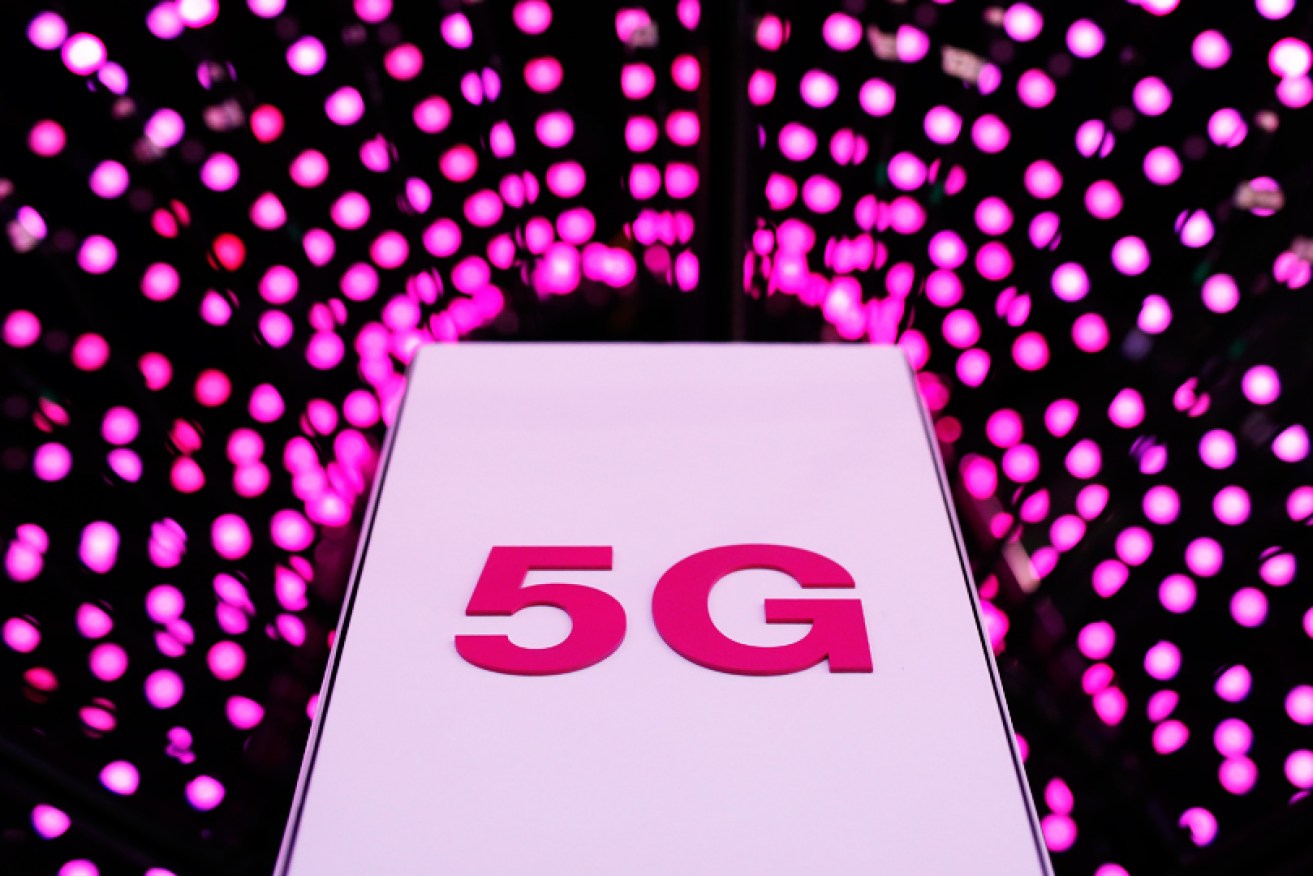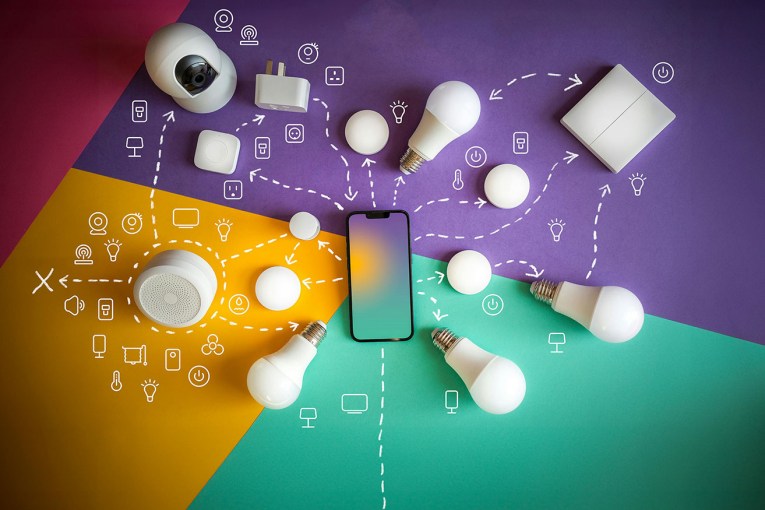5G networks in Australia: How fast, when is it coming, and what are the possible health risks?


The fifth generation of phone internet promises huge max speeds. Photo: Getty
Australian telcos are gearing up for the imminent arrival of 5G, but experts are warning of possible health risks, calling for more research to be done before the network’s rollout.
The high-speed mobile phone network could be operational in Australia from 2020, offering up to 50 times the bandwidth currently available on 4G networks, allowing users to download the equivalent of three television episodes in a second.
In its final NBN report, the Australian Competition and Consumer Commission (ACCC) calculated that 5G had a maximum speed of a whopping 10,000 megabits per second (Mbps) – about 300 times faster than the typical home connection.
Calls for more research
Australian Radiation Protection and Nuclear Safety Agency (ARPANSA) health services assistant director Dr Ken Karipidis told The New Daily the agency had recently recommended further research into 5G networks.
“For frequencies above 6 GHz where 5G will operate, the electromagnetic energy is not absorbed by the body [as the depth of skin penetration is less than 8 millimetres] and the energy causes heating at or near the surface of the skin,” Dr Karipidis said.
“Although no health effects are expected from exposure to 5G, ARPANSA has recommended more research focusing on the effects on the skin and cornea, the external part of the eye.”

Experts are calling for more research into 5G networks before its rollout. Photo: Getty
University of Wollongong science and technology studies associate professor David Mercer said mobile phones had never been established to be safe from radiation effects.
“My biggest concern is that there hasn’t been much research done on the biological effects on high frequency technologies such as 5G,” Professor Mercer told The New Daily.
Electromagnetic Radiation Australia (EMRA) director Lyn McLean said other countries were issuing statements or legislation to encourage the reduction of 5G exposure.
“More research is needed of 5G – but that research needs to be conducted before the technology is rolled out, by research groups that are not connected with the mobile phone industry,” Ms McLean said.
“The International Agency for Research on Cancer has classified radio frequency radiation – at levels that comply with international standards –as a class 2B carcinogen, in the same category as lead.”
But Swinburne University of Technology Networking and Telecommunications associate professor Dr Philip Branch said he wasn’t aware of any evidence to date suggesting that 5G was linked to health risks.
“I haven’t read any evidence of the network being carcinogenic or having any other health concerns,” Dr Branch said.
He said the network would be bigger and better, but didn’t view the technology as revolutionary.
“In countries such as China which are densely populated, it’s been highly effective, but in Australia I don’t see people rushing out to swap their handsets for a 5G compatible one.”
Australian telcos gearing up for 5G
Earlier this year, Telstra and Optus had already begun 5G trials at the Commonwealth Games.
In September, Telstra will host the annual 3GPP meeting in the Gold Coast.
“Telstra is looking forward to hosting leading 5G developers from around the world so Australian businesses can begin developing products and services that will take advantage of 5G,” a Telstra spokesman told The New Daily.

Faster speeds using 5G technology will be available as soon as next year. Photo: Getty
An Optus Spokeswoman told The New Daily the company intended to begin rolling out its 5G network in early 2019 to selected metro areas.
“In this first phase of rollout, customers will be able to access 5G via a fixed wireless product,” the spokeswoman said.
But a Vodafone spokeswoman said that before 5G became a reality in Australia there needed to be 5G handsets and spectrum.
“5G handsets are not expected to be widely available until 2020, and 5G spectrum will not be available for some time after the upcoming auction,” the spokeswoman said.
On Tuesday, US carrier Verizon announced its plans to launch 5G technology in Houston, Texas, later this year.
“Houston is the third city Verizon identified as part of its four-market 5G deployment plan, which will deliver residential 5G broadband service,” the company said in a statement.
The 5G network is expected to be rolled out nationwide by 2020, around the same time the NBN is expected to complete its rollout, with early 5G access in key metro areas from 2019.








